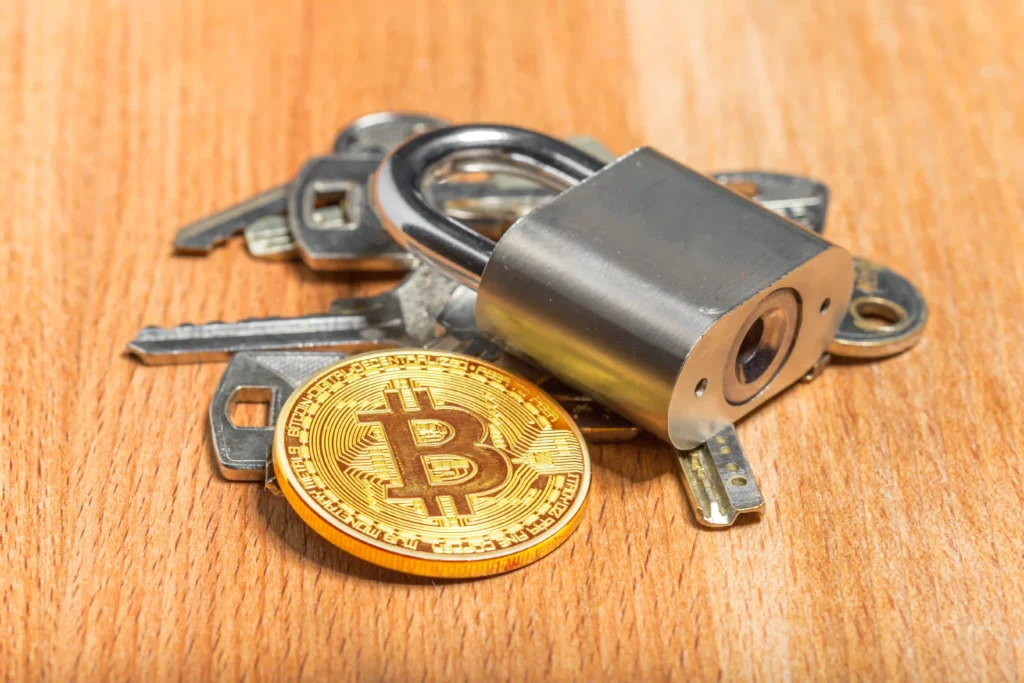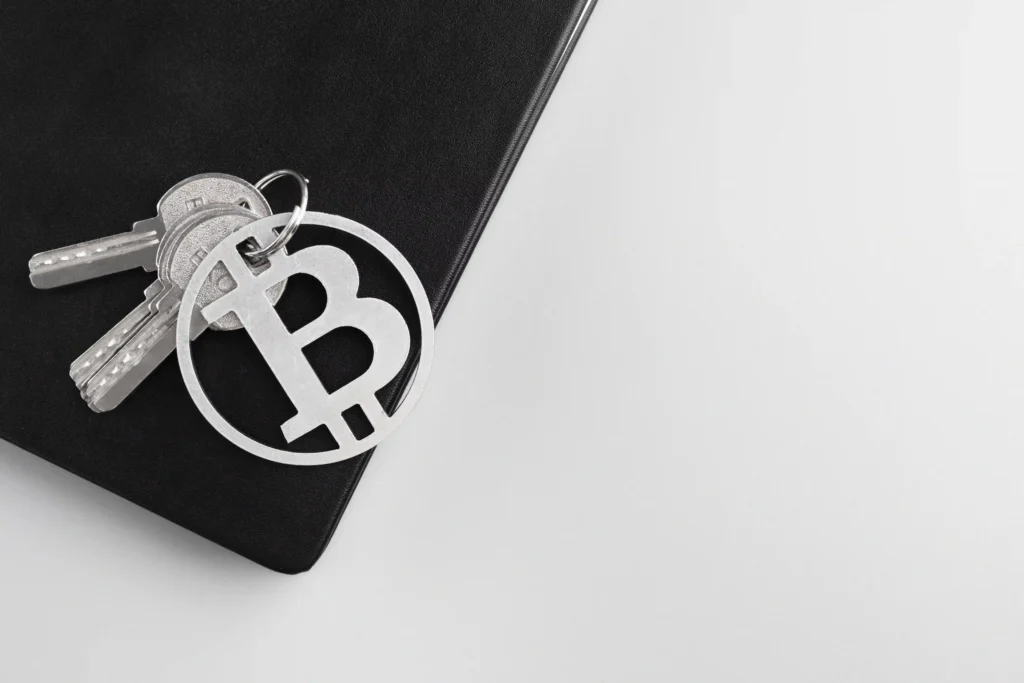Secure Crypto Wallets vs. Exchanges: What You Need to Know
To safeguard your digital assets, always store crypto in a Secure Crypto Wallet rather than keeping it on an exchange. A trustworthy wallet (whether cold wallet offline or hot wallet online) grants you full control, better protection, and peace of mind—crucial for serious crypto users and readers of Global Crypto Sports. Exchanges can be convenient, but they carry risks like hacking, insolvency, or withdrawal limits. In short: keep your assets truly yours, not a platform’s.
1. Why a Secure Crypto Wallet Matters
When you buy crypto, you don’t own tokens physically—you own private keys. Whoever holds those keys controls the assets. An exchange holds your keys; a Secure Crypto Wallet lets you hold them. Thus, only you can access, send, or spend your crypto. Plus, wallets reduce risk from:
- Exchange hacks
- Platform outages or freezes
- Withdrawal delays or restrictions
Furthermore, using a wallet enhances your sovereignty—mirroring the values of Global Crypto Sports, where empowerment and safety for fans matter.

2. Exchanges vs. Wallets: Core Differences
Exchanges (Coinbase, Binance, Kraken, etc.) are custodial. They store your funds and keys. This is convenient. Yet, if the exchange fails, you’re at risk.
By contrast, a wallet (especially a non-custodial one) gives you full control. Benefits include:
- Privacy and anonymity
- No withdrawal fees or limits
- Direct control over funds
- Ability to use DeFi, NFTs, and P2P trades directly
However, with power comes responsibility. You must secure your seed phrase, manage backups, and avoid phishing. That’s why learning best practices matters.
3. Types of Wallets Explained
Let’s break down wallet types, pros, and usage.
3.1 Cold wallet (Offline Storage)
Definition: Devices or physical media not connected to the internet.
- Hardware wallet (e.g. Ledger, Trezor): A USB-like device storing private keys in a secure chip.
- Paper wallet: Printed keys or QR codes on paper.
Advantages:
- Near-impenetrable to remote hacking.
- Great for long-term storage (HODLing).
- Hardware wallets often come with PINs and passphrase options.
Disadvantages:
- Requires physical protection.
- Slight learning curve if you’re less tech-savvy.
- Lost backup means lost funds.
3.2 Hot wallet (Online Access)
Definition: Wallets connected to the internet, easy to access and use.
- Mobile wallet (apps like Trust Wallet, MetaMask mobile).
- Desktop wallet (e.g., Exodus, Electrum).
- Web wallet (browser-based, often linked to exchanges or services).
Advantages:
- Fast, convenient for trading or spending.
- Useful for staking, decentralised finance, nd NFTs.
Disadvantages:
- Higher vulnerability to malware, phishing, and hacking.
- Requires strong crypto wallet security practices.
3.3 Decentralized Wallet vs. Custodial
- Decentralized wallet = You control keys (non-custodial).
- Custodial = A third party (e.g., exchange) controls keys.
Always opt for a decentralized wallet for full ownership—and ensure it’s also a Secure Crypto Wallet by implementing the tips below.
4. How to Choose the Best Crypto Wallet 2025
The best crypto wallet 2025 depends on your needs—security, ease, supported assets, and future features. Follow this checklist:
- Security track record: Has it been audited or had exploits?
- Device type: Cold vs hot. Recommend a combination (e.g., hardware for storage + mobile for spending).
- Supported assets: Bitcoin, Ethereum, tokens, NFTs?
- User interface: Clean, intuitive design for beginners.
- Backup and recovery: Strong wallet backup options are essential.
- Reputation & reviews: Community trust, transparency, updates.
For instance, in 2025, leading picks include Ledger (hardware), Trezor, and user‑friendly mobile wallets like MetaMask or Trust Wallet. But always compare the latest reviews.
5. Setting Up and Using Your Wallet
Generating and Saving Your Seed Phrase
- When initializing, your wallet shows a seed phrase (usually 12–24 words).
- Write it down carefully offline, in order, on paper or metal backup.
- Never store digitally (photos, cloud, text file).
- Store multiple backups in safe, separate locations (e.g., home safe, safety deposit box).
Best Practices for Wallet Backup
- Use a steel plate or a crypto backup tool to resist fire, water, or corrosion.
- Store in geographically separated places (e.g., home, office, or trusted family).
- If you lose your seed phrase, you lose access forever.
- Periodically test your backup by restoring it on another device.
Enhancing Crypto Wallet Security
- Always buy hardware wallets directly from the manufacturer.
- Keep firmware up to date.
- For hot wallets, enable privacy features, strong passwords, and biometrics.
- Use OTP, 2‑factor authentication (2FA), and passphrase encryption.
- Beware phishing sites and double-check URLs. Never click random links.
- Use a password manager to generate and store complex passwords.
6. Transitioning from Exchanges to Wallets
Say you hold crypto on an exchange—here’s how to transfer safely:
- Set up your Secure Crypto Wallet (cold or hot, as you prefer).
- Send a small test amount from the exchange. Confirm receipt.
- Transfer the remainder in batches—for safety.
- Label your wallet appropriately to track sources.
- Remove bank account or auto‑withdrawal settings from the exchange, if desired.
- Consider closing the exchange account if no longer needed (but keep the exchange account recovery details if you plan to return).

7. Global Crypto Safety in Action
“Destination highlights” here spotlight how Global Crypto Sports community members or global users benefit from secure wallets during events, tournaments, sports token drops, or crypto-based sponsorships.
- At a major esports event, fans used their mobile wallet to claim limited edition NFTs. They trusted a cold backup of their seed phrase, avoiding hacks.
- An international sports fan network used hardware wallets to safeguard earnings from trading fan‑tokens. Hardware kept them safe through travel and public Wi‑Fi networks.
- A stadium sold tickets via blockchain; ticket owners relied on decentralized wallet access, not centralized servers, reducing single‑point‑failure risk.
These real-world uses, inspired by Global Crypto Sports readers’ scenarios, underscore that wallet safety isn’t theoretical—it’s practical and reachable.
8. Frequently Asked Questions (FAQs)
Q1: Should I store all my crypto in a hardware wallet?
A: Ideally, long‑term holdings or large amounts go to a cold wallet. Keep smaller amounts in a hot wallet for transactions. Balance joy with convenience and safety.
Q2: Can I recover a wallet without my seed phrase?
A: No. It’s the only way to restore control. So treat it like gold.
Q3: What happens if I lose my hardware wallet?
A: You can recover funds using your seed phrase on a new device. Just keep the backup secure.
Q4: Are hardware wallets hack‑proof?
A: They’re extremely secure, but physical theft or phishing during transaction signing remains a risk. Stay vigilant.
Q5: Is a mobile wallet less secure than a hardware wallet?
A: Yes, generally. Phones can get malware. But with strong passwords, app‑store downloads, and anti‑phishing habits, risk is manageable for daily use.
9. Common Myths Busted
- Myth: “Exchanges ensure my funds, so I don’t need a wallet.”
Reality: Few exchanges fully insure. Many have limits or disclaimers in their terms. - Myth: “Paper wallets are just as safe as hardware wallets.”
Reality: Paper degradation, theft, and lack of physical protection make them riskier long-term. - Myth: “Seed phrases backed up digitally are just fine.”
Reality: Cloud or photo storage is vulnerable to hacks. Offline backups are safer. - Myth: “I only need a wallet if I trade a lot.”
Reality: Even if you never trade, being your custodian ensures protection against exchange failure or shutdown.
10. Branding & Trust‑Building Tips for Global Crypto Sports
- Use Global Crypto Sports branding across posts—mention how the site “puts your crypto safety front and center”.
- Include trust elements: “Our advice is unbiased,” “We don’t accept sponsorship for wallet choice,” “We test each wallet personally.”
- Add real user testimonials (anonymous or with permission) to build authenticity.
- Include badges or disclaimers: “We’re not financial advisors—this is informational.”
- Provide relevant internal links to other Global Crypto Sports coverage (e.g., sports token trends, event NFT drops) to strengthen SEO and user engagement.
11. Final Thoughts
To sum up, choosing a Secure Crypto Wallet—particularly a cold hardware device—is the best way to protect your investments. Balancing convenience and safety by pairing hardware storage with a hot mobile wallet makes daily use simple. Always secure your seed phrase and back it up diligently, and you’ll be far safer than relying solely on exchanges.
By trusting in personal custody, you align with the spirit of Global Crypto Sports—empowering you, standing for transparency, and fueling the global crypto‑sports ecosystem.
